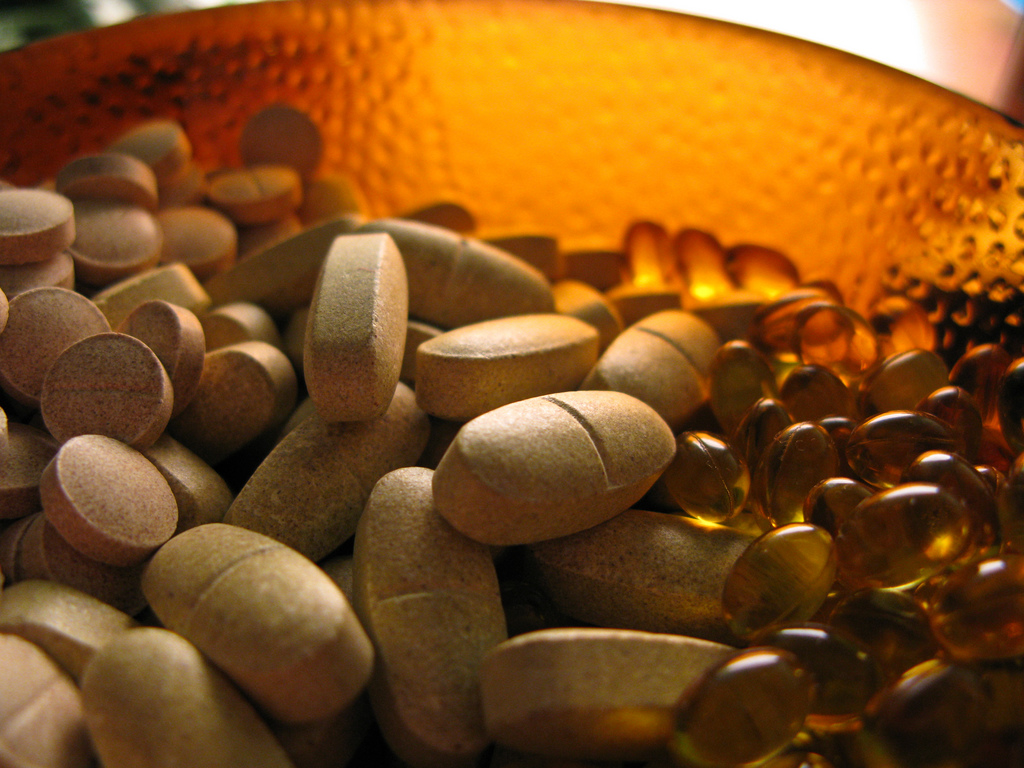Cholesterol: Myths and Truths
Cholesterol is produced by almost every cell in the human body. Cholesterol in the cell membranes makes cells waterproof, so there can be different chemistry on the inside and the outside of the cell. Cholesterol is nature’s repair substance, used to repair wounds, tears, and irritations in the arteries. Many important hormones are made of…
read more

